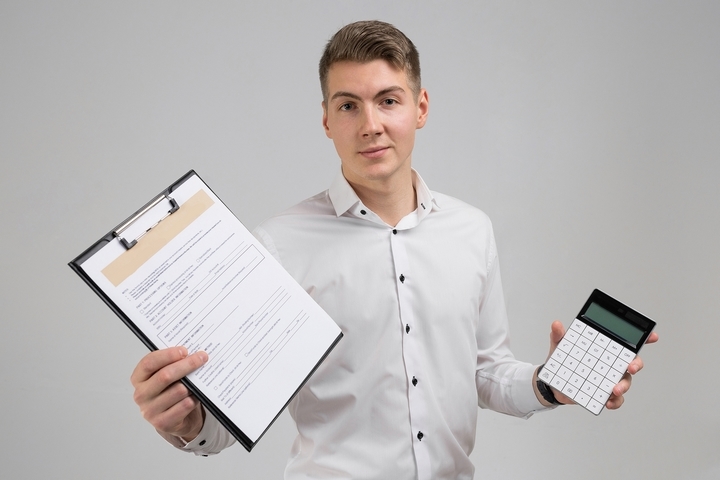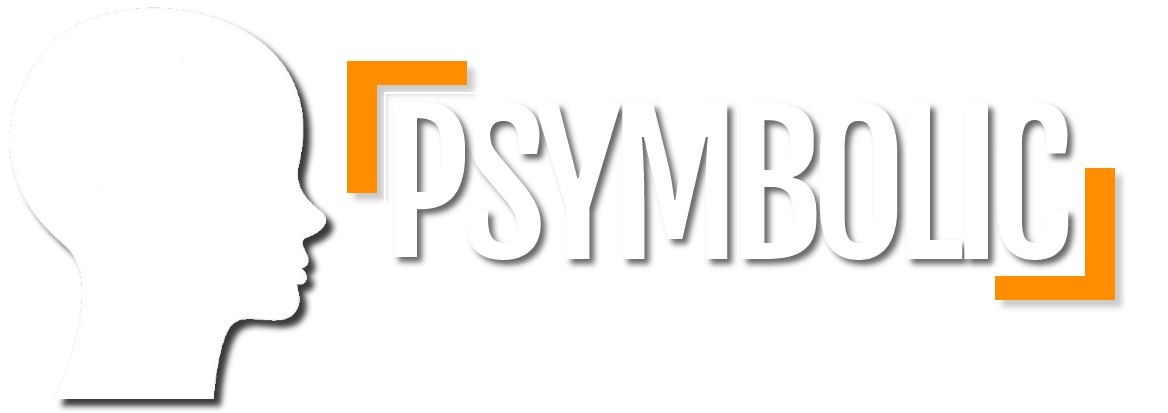
Home ownership is exciting, and this is one of the biggest investments you will make to help take care of your finances down the road. Most people don’t have the cash to buy their homes outright, so they get a mortgage that involves monthly payments to their lender. Your interest and payment amount are fixed for the term, and then it’s time to renew it again. There are times, though, when you want to get a new mortgage to access some of the equity in your home or get a better interest rate, which is called refinancing.
Refinancing can be scary because circumstances change. You may have transitioned to a new job, or your cash flow is different, and you need to qualify again for your mortgage. This requires lots of paperwork that can easily get overwhelming.
Not sure where to start? Here there the documents you need to refinance a mortgage.
Employment and Income

Your lender wants to know if you have a steady income and if it is enough to service the debt. By providing these documents in the refinance mortgage process, you verify your employment history and prove the income you claimed. These documents include the following:
T1 Tax Form
This standard tax form shows your previous year’s taxable earnings. Sole proprietors and business owners must also complete a T1 business tax form. It has five sections that require information, including identification, total income, net income, taxable income and refund or balance owing.
T4 Tax Form
This is filled out by your employer and details money earned as an employee. Included are total income, net income, employment insurance contributions, pension plan contributions, union dues, vacation pay and taxes withheld.
Pay Stub
Your pay stub is the best way to verify your monthly income, and the lender may want to see several months of these.
Letter of Employment
LOE is mainly to prove that you currently have the job and that it is secure. This is from your employer and lists your employment status, title, role, hours worked, employment nature and salary.
Tax Returns
The lender will also want to see up to 3 years of your tax returns if you are self-employed because of the potential risk of income instability.
Notice of Assessment
This document shows that you have filed your tax returns and is used to evaluate your current debt-to-income ratio.
Personal Finances

The lender requires Bank Account Information and your bank account numbers to set up your mortgage deposit and scheduled repayments. These documents detail credit, account information and finances and help the lender determine your ability to pay the mortgage. Also, make sure to have the following documents ready to give to your lender:
Credit Report
A lender needs to access your credit report to see how you have handled credit in the past and look to the credit score to determine how much they will lend you and at what interest rate.
Other Income Sources
You need to present other documentation from other income sources like pensions, disability, rental income or even a side hustle.
Statement of Investments and Assets
This is a list of any investments or assets you have, including real estate, vehicles, pleasure craft, RRSPs, bonds, securities and stocks.
Statement of Debts
You should also create a document listing your current debt load from any loans, credit cards or another financing, as this impacts the amount you can afford.
Other information and documentation your lender will want to know are:
Reason for Refinancing

Your lender wants to know your motivation for refinancing. Is it to pay off other debt? Are you looking to do some renovations? Are you after a better interest rate and lower payment? These reasons may impact their decision to lend you money and at what rate.
Home Value

Depending on the current real estate market, your home may have gone up or down in value. The lender will need to know the home’s current assessed value to determine its lending limit for your mortgage.
Refinancing is essentially trading your old mortgage for a new one. It can start your amortization over again, depending on the new rate and payment amount, and this could increase or decrease the years required to pay off the debt. Closing costs are also associated with a mortgage refinance, but this is standard and the cost of doing business.
Ultimately, it’s up to you to determine if refinancing your mortgage makes sense. As long as you have the right documentation to give to your lender and meet their criteria, you will be able to start a new mortgage and benefit from a lower borrowing rate, different payment and terms, and equity that you want to have to assess.
